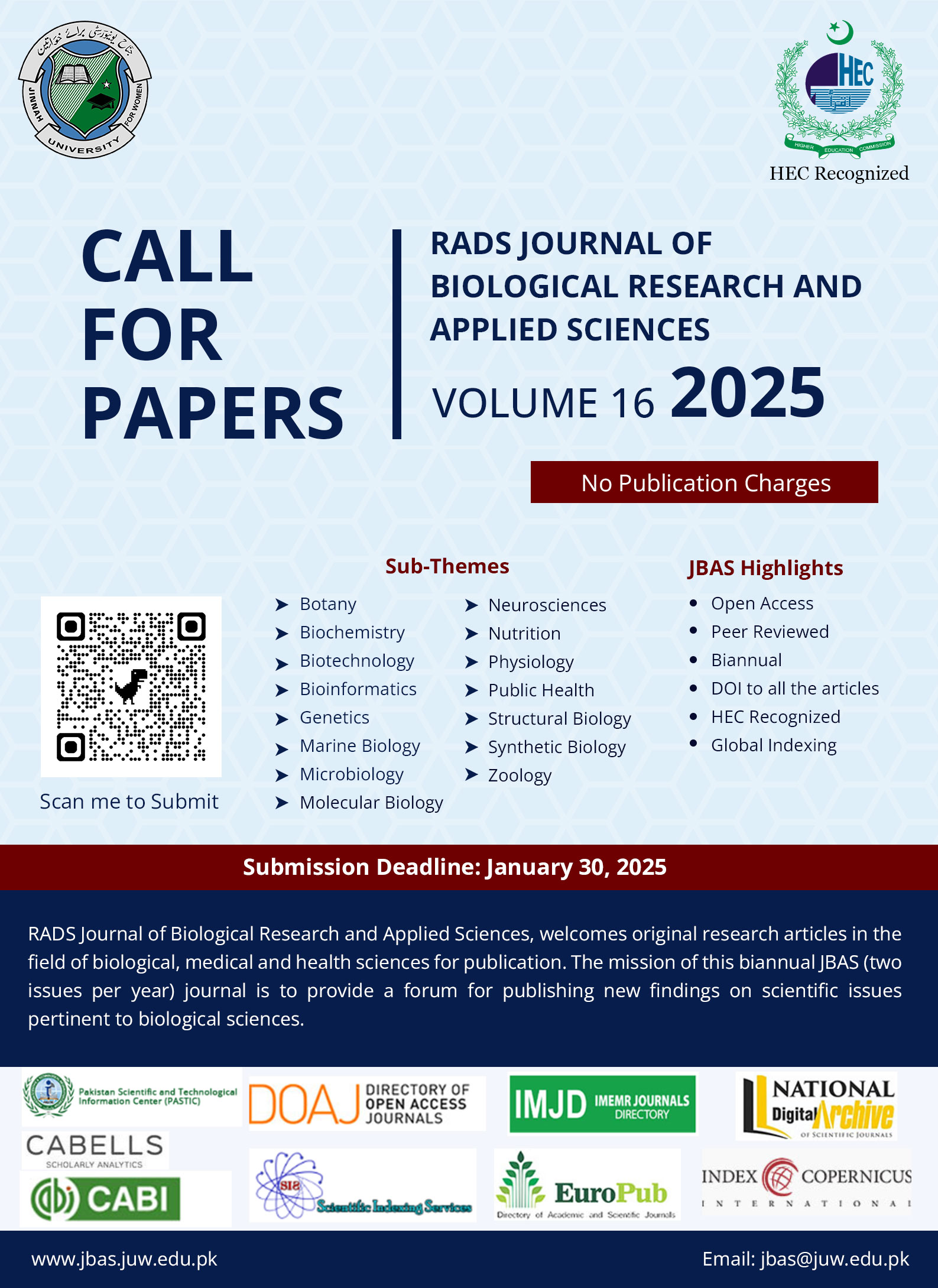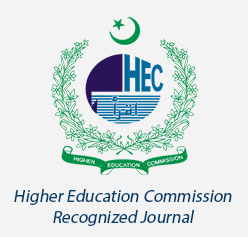Inactivation of fecal bacteria and water borne pathogens by solar heating in Karachi
Keywords:
CFU (colony forming unit), Bacterial Suspension, Microbial Load, Sterilized, Geographical Difference, Water Borne Illnesses, DisinfectingAbstract
Sunlight is a very rich source of energy and it’s now widely used in many fields. Another use of it is purification or disinfecting the water, as sunlight is capable of penetrating in water and have ability to purify it also by killing the microbes present in it. This method is applicable in some areas mostly in those which are nearer to equator because intensity of sunlight is highest at equator and reduced as we go down or up to the equator. The main purpose of this research was to check the affectivity of sunlight in disinfecting water in the city of Karachi; it may differ because of geographical differences in countries. In this research a laboratory made bacterial suspension of Escheracia coli and Salmonella typhimirium is added in sterilized water. Water is then exposed to sun and cfu/0.1ml is checked after every hour. The results obtained are showing a significant decrease in microbial load after sun exposure of 3 hours. This technique can be a blessing for many under developed countries which are suffering from water borne illnesses due to poor hygiene maintenance in developing countries. Moreover, this method is very simple and can be apply by people themselves locally, but before its application further more testing is required on this method efficiency.


















